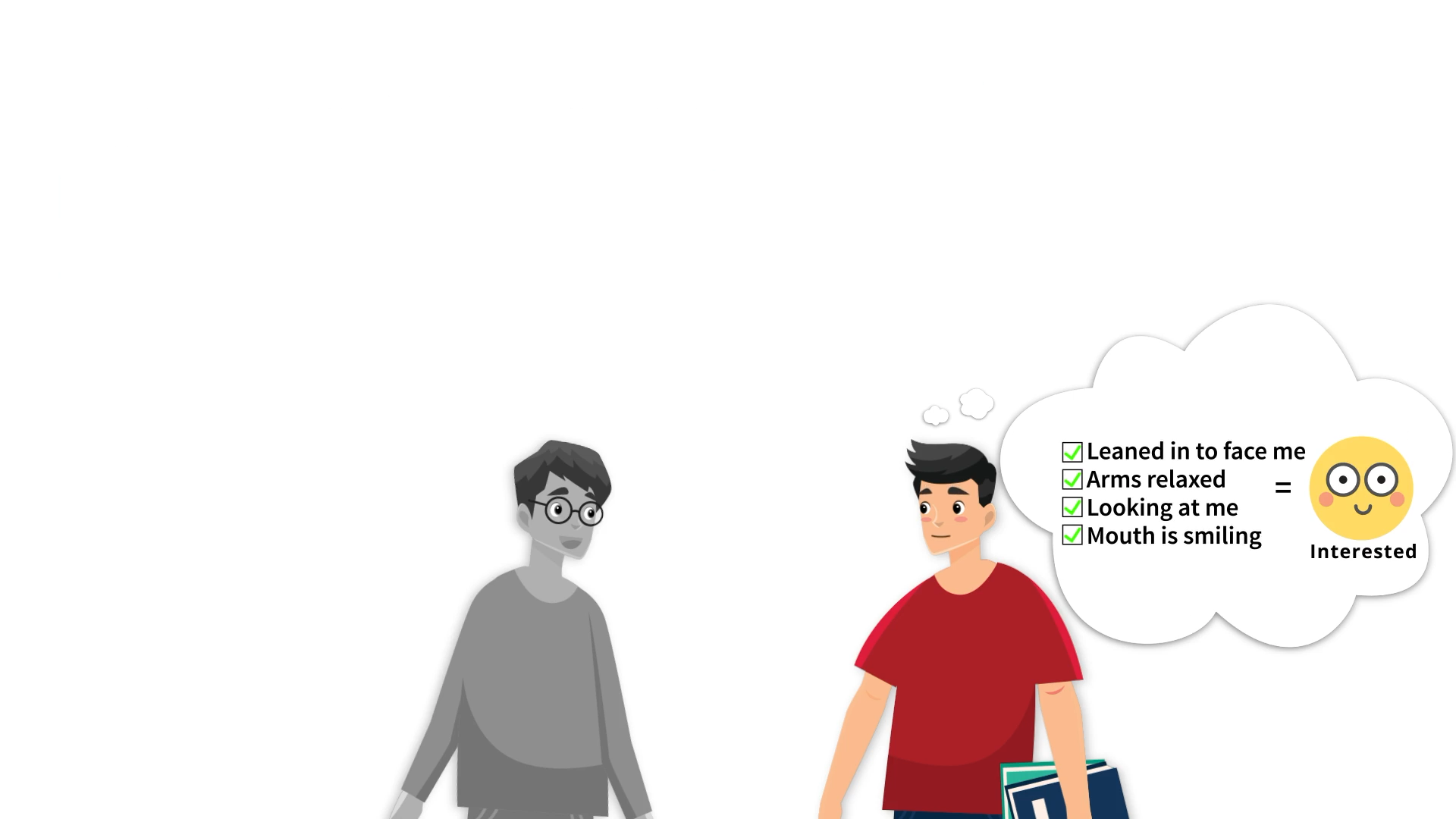
As educators, we recognize that developing body language skills is crucial for students in special education. These skills play a significant role in their learning, social interactions, and wellbeing. In this blog post, we will explore the importance of body language skills, the role of various specialists, and how to develop effective Individualized Education Program (IEP) goals to support these skills in elementary students.
Understanding Body Language Skills
Body language skills involve the ability to read and interpret others’ non-verbal cues, such as body position, facial expressions, eye contact, and gestures. These skills help students understand how others feel and respond appropriately in social situations. Developing body language skills enables students to engage in more meaningful conversations and build stronger relationships with their peers and teachers.
The Role of Specialists
Various specialists can support the development of body language skills in students:
- Speech-Language Pathologists: Help students improve their communication and social skills, including understanding non-verbal cues.
- Social Workers: Assist students in developing social and emotional skills, including the ability to read body language.
- Psychologists: Assess and provide interventions for students with difficulties in interpreting non-verbal cues and social interactions.
- School Counselors: Facilitate social skills groups and provide individual support to students struggling with body language skills.
IEP Goals for Body Language Skills
Here are some SMART IEP goals that can be used to improve body language skills in students:
Goal 1: Improve Observation Skills
By the end of the school year, the student will demonstrate improved observation skills by accurately identifying body language cues in peers and teachers during classroom activities with 80% accuracy.
Strategies and Activities:
- Teach students to focus on body position, facial expressions, eye contact, and gestures.
- Use role-playing activities to practice observing and interpreting non-verbal cues.
- Provide visual cues and reminders to help students remember to observe body language.
Goal 2: Respond Appropriately to Body Language
By the end of the school year, the student will respond appropriately to body language cues in social interactions with peers and teachers during classroom activities with 80% accuracy.
Strategies and Activities:
- Teach students appropriate responses based on body language cues, such as continuing or ending a conversation.
- Use social stories and video modeling to demonstrate appropriate responses to body language.
- Provide opportunities for students to practice responding to body language cues in guided social situations.
Implementing and Measuring Progress
To implement these goals and measure progress, educators can:
- Collaborate with specialists to develop and implement interventions and strategies.
- Monitor students’ progress through observation, data collection, and feedback from peers and teachers.
- Adjust strategies and interventions based on students’ progress and needs.
Conclusion
Developing body language skills is essential for students in special education settings. By understanding these skills and collaborating with specialists, educators can create effective IEP goals and implement strategies to support students’ growth. We encourage you to apply these IEP goals and explore more resources at Everyday Speech Sample Materials.





